Moon Gravity: Your Weight on the Moon
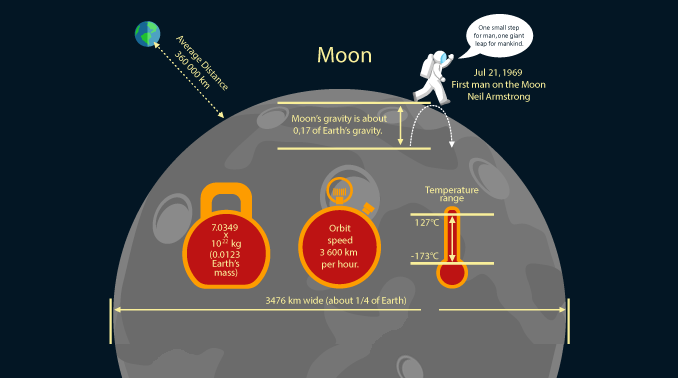
What is the moon’s gravity?
The gravity of the moon is 1/6 of Earth. So if you stepped on a scale on the moon, you could subtract 83.5%.
For example, that means 100 kg in weight would be 16.5 kg on the moon. Talk about a weight loss plan!
If you want to calculate how much you weigh on the moon, take your weight and divide it by 6.
The moon’s unusual atmosphere
Despite popular belief that the moon can’t hold onto an atmosphere, it actually consists of sodium and potassium.
Yet these gases cannot be found in Earth’s atmosphere, Venus or Mars. It’s because the moon’s gravity pulls in these gases which gives it an atmosphere.
That means that a lack of atmosphere means the moon’s surface gets very hot (117°C) when facing the sun. But it also gets cold (-153°C) when facing away from the sun.
The Moon’s gravitational pull on Earth keeps it steady
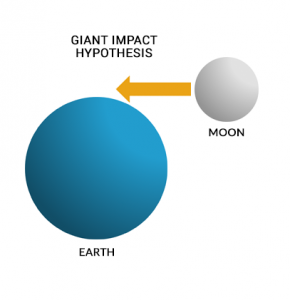
The giant impact hypothesis sums up the formation of the moon. It had a tremendous impact on stabilizing Earth’s climate.
For example, the gravitational pull from the moon on Earth helps prevent it from wobbling. In turn, this prevents climate swings and wild temperature shifts.
Finally, the giant impact collision tilted Earth on its axis. Ultimately, this tilt is the primary cause of seasons on our planet.
What is the Moon’s Gravity?
The gravity of the moon is 1/6th that of Earth. If you stepped on a scale in the same location, it would read 83.5% less than what it does here.
This significant difference in gravity on the moon is due to its smaller mass compared to Earth, making lunar exploration a unique experience for astronauts.
If you have any questions or comments about the moon’s gravity, please do not hesitate to let us know what’s on your mind. We would love to hear from you.



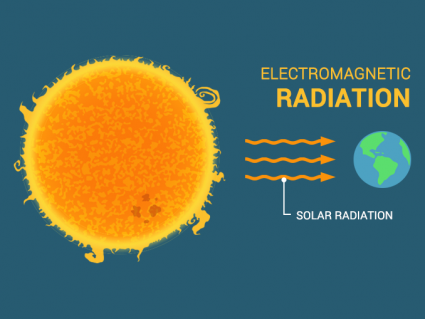
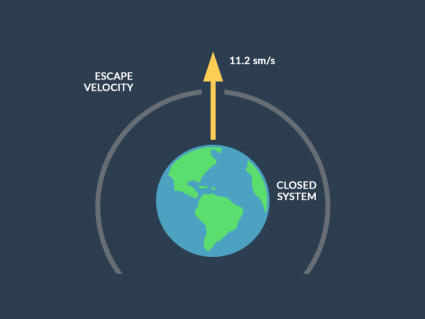
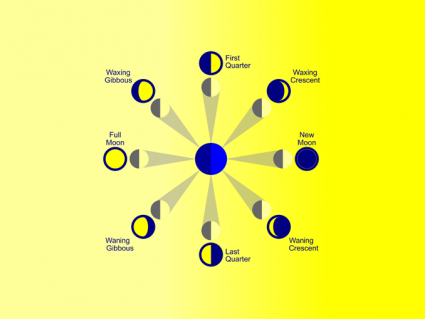
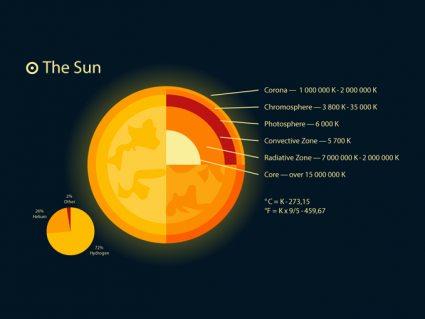
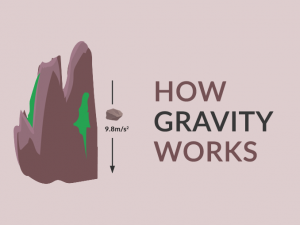
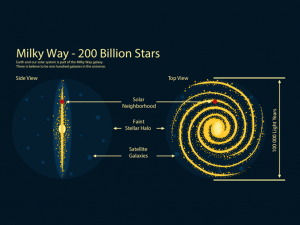
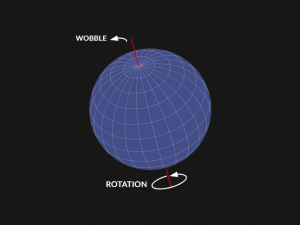


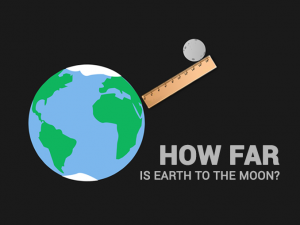
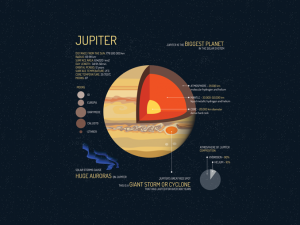
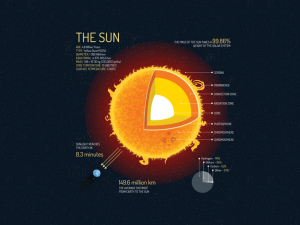
Would Earth’s gravity affect your weight on the moon? ie would you way significantly less when the Earth was directly overhead compared to when the Earth was directly below you?
The core of our planet Earth is a macro atom or black hole with a diameter of approximately 8557.714 Km with surface gravity of approximately 9.80665 meter per second squared. The basis for this calculation is when the Sun was x-rayed on 2012-03-07 shows a pattern of the core and surface maybe a gravitons pieces and I measured it and do the math of ratio and proportion as a template.
The moon is slowly drifting away from the earth. Around a few centimeters per year
Darrel Lovins is correct.
kg is mass, and does not change on the moon. An 82 kg person on earth is 82kg on the moon. Force will change, not mass. Units for force/weight would be lbs or newtons.
Words might be our servants, but it’s pretty universal that kg is a unit of mass, and will not change due to gravity.
Matt P. You are correct when you say words have the meaning we ascribe to them. However, these are scientific definitions, and as such do have a prescribed meaning. Imagine the chaos if physicists were to use these terms interchangeably. As a layperson I do this all the time, but the information on this website is demonstrably wrong.
It has a smaller mass.
Why is gravity less than that of earth?
Thanks, the answers are good
Hello, Darrell Lovins. What you have said is inaccurate. We can use ‘weight’ to mean the amount of stuff we are made of; and we can use it to mean a force. Words are our servants, not our masters. They have no intrinisic meaning. We each use them to mean certain things. It’s arbitrary, although there is broad agreement in each walk of life. If a layperson says to another layperson that he weighs 90kg he is correct (assuming his mass, as you would see it, is actually 90kg). If you say you weigh, on Earth, approx. 900 N, you are correct (assuming your mass is, as you would see it, 90kg). It doesn’t help the spread of science to be arrogant about language. A better approach would be to simply point out that physicists, for example, mean one thing by a certain term, and laypeople mean another. Shalom.
The example you provide is inaccurate.
1. Kilogram is a measure of mass, not weight. The number of molecules in the person’s body does not change due to the person’s location. Only the force applied to those molecules does.
2. The metric measure for weight is the Newton (N). 100 kg is approximately 981 N. Or, 100 kg is approximately 220 lbs.
3. Mass does not change, weight however does.
4. Mass (kg) and weight (lbs) are often used interchangeably, though this is incorrect.
5. Yes, we determine mass by weighing objects.
6. I suspect the example was simplified as your target audience might not have had the background necessary to appreciated the discriminatory details.